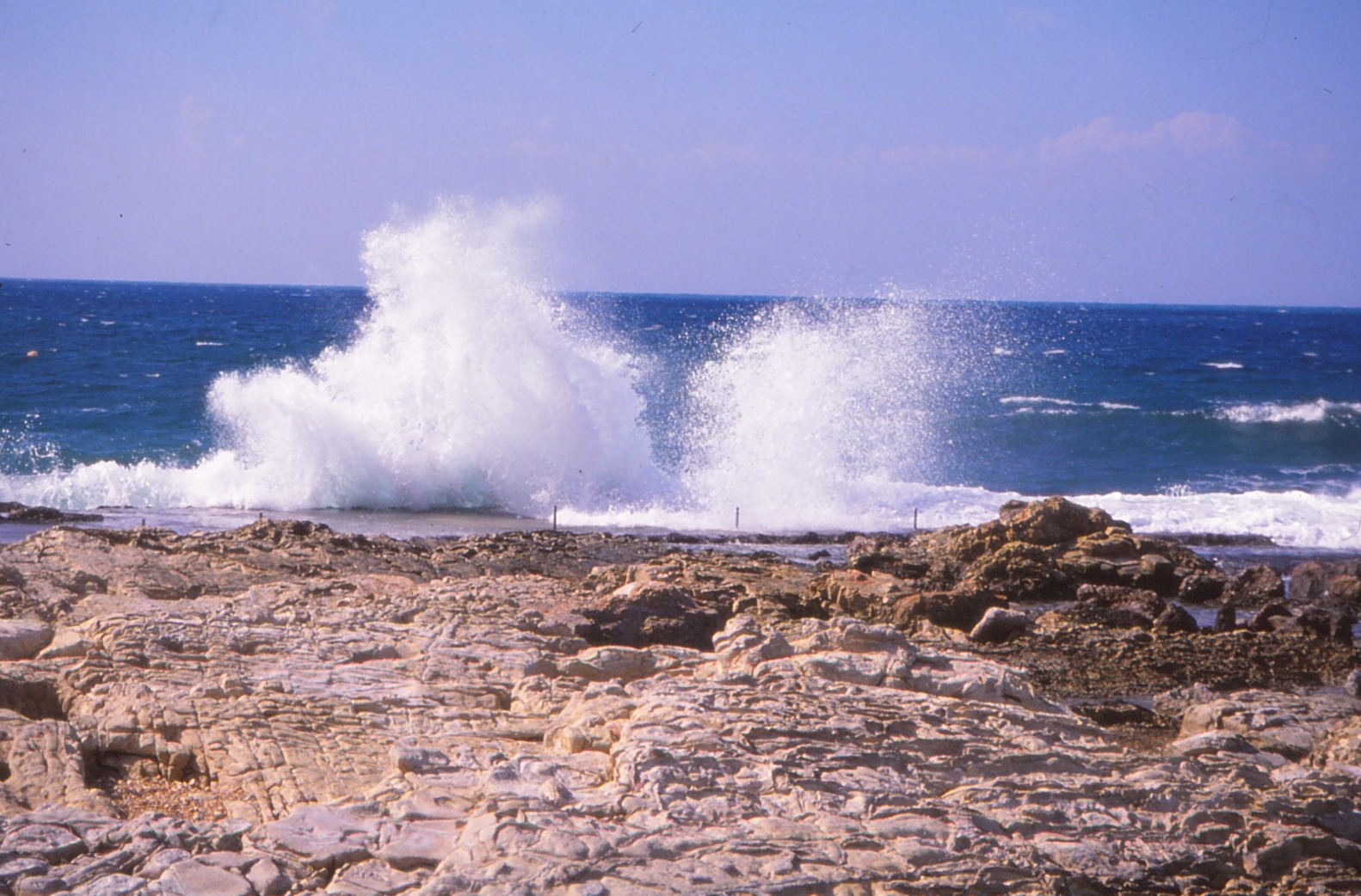Hurricanes more long-lasting after landfall because of climate change?Maanantai 16.11.2020 klo 13.23 - Mikko Nikinmaa Hurricanes or typhoons – tropical cyclones cause immense damage because of the high-  velocity wind and heavy rain. A commonly accepted consequence of climate change is that the number of tropical cyclones per time period and their average strength increase both in North America and in East Asia. This is caused because the increase of oceanic temperature. Since the cyclones are fuelled by the moisture of air, and increased oceanic temperature increases air moisture above the ocean, the increased frequency and strength of hurricanes and typhoons is easy to understand. velocity wind and heavy rain. A commonly accepted consequence of climate change is that the number of tropical cyclones per time period and their average strength increase both in North America and in East Asia. This is caused because the increase of oceanic temperature. Since the cyclones are fuelled by the moisture of air, and increased oceanic temperature increases air moisture above the ocean, the increased frequency and strength of hurricanes and typhoons is easy to understand.
If hurricanes dissipate slower after landfall in warming climate, they cause damaga to larger areas than earlier. This adds to the need to increase actions against climate change. Even in fossil fuel energy were cheaper than renewable energy without taking into account the expenses caused in repairing hurricane damage, adding them to the costs would certainly stop fossil fuel use rapidly. Such climate tax could and should be added to the fossil fuel price at least in Europe, North America, Australia, Russia and China. |
|
Avainsanat: temperature, fossil fuels, typhoon, tropical cyclones |
